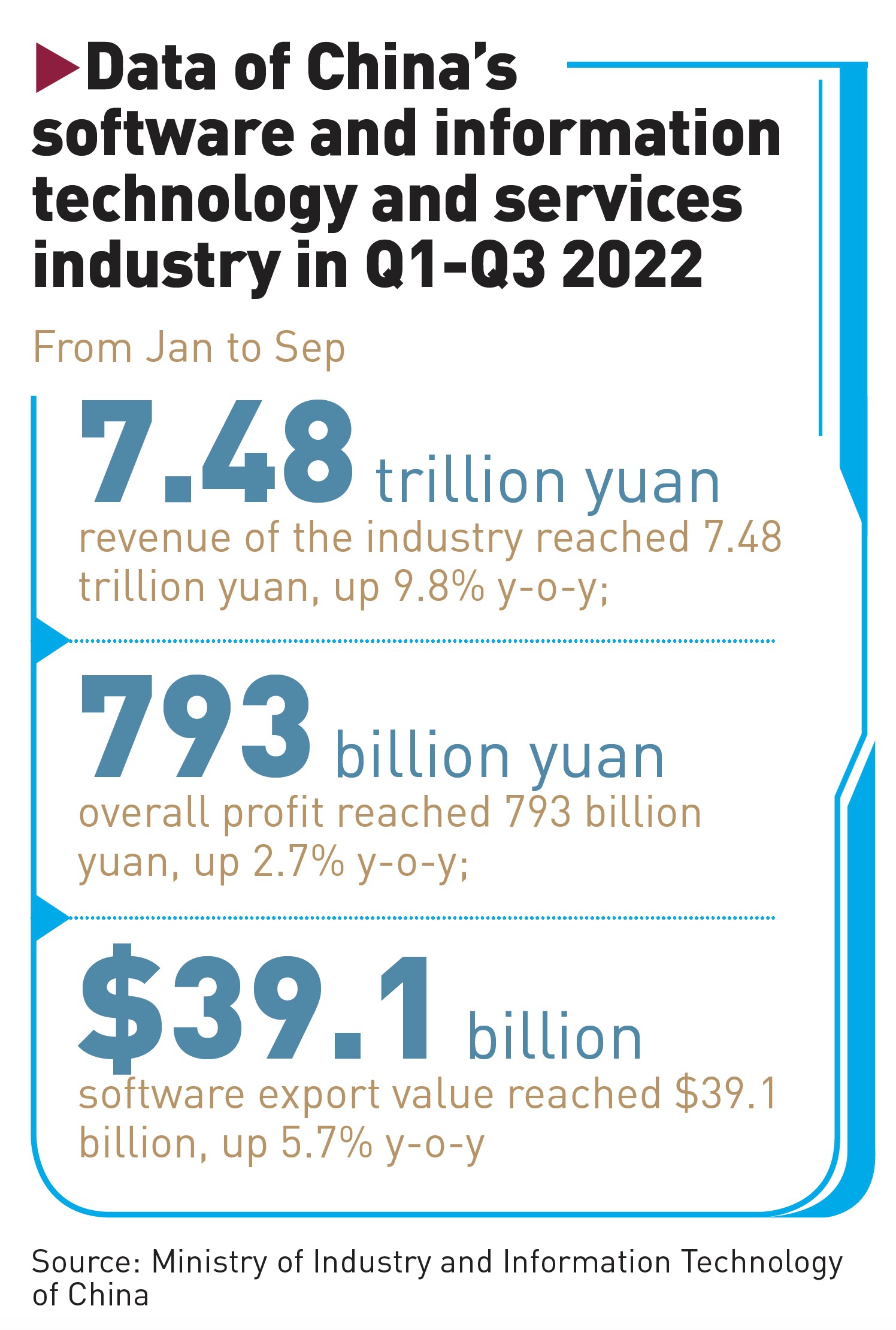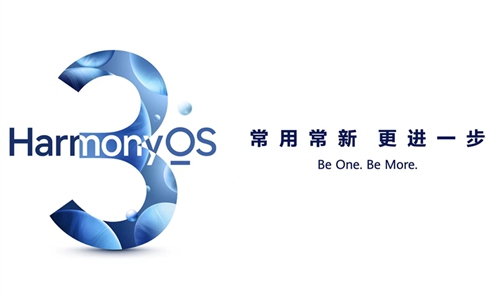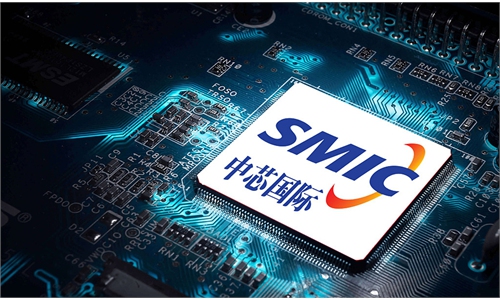Industry players vow to jointly build on China’s ‘digital base’ as the US escalates curbs targeting software sector
Joint efforts urged in building up China’s ‘digital base’ as US escalates curbs

An electric car installed with China-made operation software Photo: VCG
As the US' escalating crackdown has been extending to more sectors from hardware to software, domestic software industry participants, eagerly gathering at a major industry event during the weekend, are vowing to construct a self-reliant ecosystem and a digital base that could be immune to any further foreign sanctions in the future.
Industry leaders from Huawei to Chinasoft International said they have been working together and ramping up of building a localized "digital base" that could empower thousands of industries in the country, and calling for more of the country's developers to join in the force as the hard work is painful, and means a "from zero to one" leapfrog.
It's becoming a trend that more firms and industries, starting from state-owned firms to other sensitive industries such as finance, are stepping up localizing their software solutions, they are now "very eager," a representative from a Shenzhen-based software company, told the Global Times during the event on Sunday, noting that demand is pushing software development onto the fast lane.
Data from the Ministry of Industry and Information Technology (MIIT) showed that China's software and information technology and services industry has witnessed steady development, with both revenue and profits showing growth in the first three quarters of the year.
From January to September, China's software business revenue reached 7.48 trillion yuan ($1.03 trillion), a year-on-year increase of 9.8 percent. During the same period, the total profit of the software industry came to 793 billion yuan, a year-on-year increase of 1.7 percent.
"But any more breakthrough still takes time, since for the very bottom technology structure, we're almost starting from scratch and need to reset everything we've achieved," the person said on the condition of anonymity.
Latest progress
The most recent progress in that domestication push could be observed in Huawei's self-developed operating system HarmonyOS, which was initially launched in August 2019, three months after Google stopped providing its suite of proprietary mobile software services to the company due to US sanctions.
"After four years of development and continuous evolution, HarmonyOS has gradually developed into a mature ecological base," company chairman Richard Yu Chengdong said during the 2022 Huawei Developer Conference (HDC), the firm's biggest event each year, vowing to join hands with global developers to build a "Harmony World."
This year's HDC was held from Friday to Sunday in Dongguan, South China's Guangdong Province, where developers, the media, students, analysts and Huawei fans known as "huafen" from across the country, are invited to gather at Huawei's massive European-style Songshan Lake campus in the city.
According to Yu, shipments of HarmonyOS products exceeded 250 million as of Thursday, an increase of 212 percent over the same period last year, and entire Harmony ecosystem has more than two million developers so far.
"We are hoping to make HarmonyOS into a digital base for the country, and possibly an option for the future world," Gong Ti, President of Huawei Consumer Business Group Software Division, told the HDC conference, noting that the company is concentrating the strength of the domestic industry to make that happen.
Harmony's rapid development indicates the "backbone" of China's software industry has taken shape, breakthroughs have been observed in basic innovation - both in terms of the operating systems and databases that were once grasped in foreign companies' hands, Xiang Ligang, an independent tech analyst, told the Global Times on Monday.
Industry players told the Global Times that the most recent alarm rang in August, when the US government said it would impose export controls on four technologies, including two substrates of ultra-wide bandgap semiconductors - gallium oxide (Ga2O3), and diamonds - as well as EDA software "specially designed for the development of integrated circuits with Gate-All-Around Field-Effect Transistor (GAAFET) structure" and Pressure Gain Combustion (PGC) Technology.
Although it did not mention China directly, it is widely viewed as a move to set barriers in China's way in developing advanced semiconductors, as the specific software for GAAFET is a key technology used to design 3-nanometer and more advanced chips, which help microchips achieve a higher frequency with lower power consumption.

Graphic: GT
'Unprecedented support'Some Western containment measures targeting Chinese technology rise have indeed stimulated the spirit of innovation in the software industry...and currently, central government's policy is also favorable for innovation development and basic research in an "unprecedented" way, Feng Guanlin, vice general secretary of OpenAtom Foundation, China's first open source foundation, said during a separate forum during the HDC.
China's central government has continuously stressed the need to mobilize all of the nation's available resources to make breakthroughs in core technologies, mostly chip development, software and industrial materials, in order to overcome obstacles hindering the country's development and to gain a competitive edge in key fields.
"The foundation will actively provide advice and suggestions to relevant departments, to encourage enterprises and institutions to support the development of domestic software industry," Feng said.
"China's capabilities in some tool and design software, are still relatively weak, but it is not that we can't do it like chip manufacturing, it is just that we can use others' at the moment and do not have the demand for localization," Xiang said.
"But once we are not allowed to use it, and felt the threat, we will do it ourselves, and that's not a mission impossible and a great loss for foreign firms," said the analyst, noting that those who quit the China market - where digitalization is happening in almost every industry - will regret the choice they made today.



